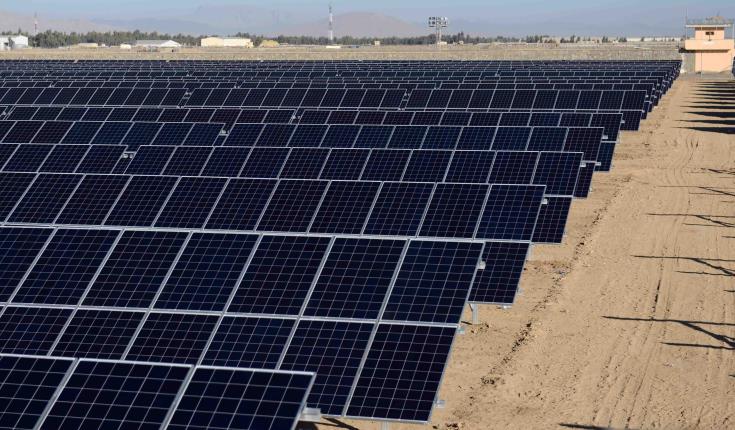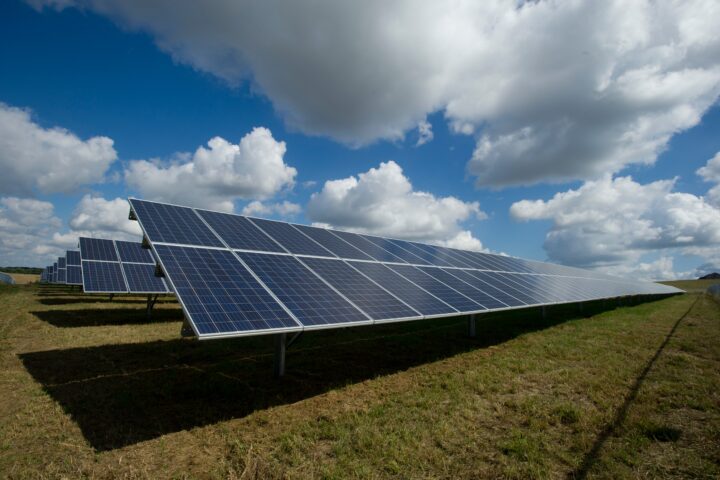The ‘Photovoltaics for all’ subsidy scheme, aimed at installing solar PV panels on rooftops of Cyprus homes, does not seem to be serving the public need it was planned for in the beginning.
Members of parliament this week criticised the scheme, and the competent ministry in charge, saying it should be renamed ‘Photovoltaics for the few’ as the 6,000 households that will be eligible to apply, will hardly make a dent in reducing fossil fuel dependence in producing electricity.
In fact, with the cap per household output fixed at 4kW, marginally lower than the 4.2kW initially planned, the total solar energy production from all the subsidised installed panels combined will merely be double the output of the new 12MW EAC solar farm inaugurated at Akrotiri this week.
And with the public utility declaring that it’s aim is to reach an output of 500-600MW from solar farms by the end of the decade, it makes one wonder why this government is hesitant to encourage the installation of more PV panels on rooftops.
Especially as the natural gas plant is constantly being delayed, with Cyprus acquiring cheaper and (not so) cleaner energy sources further down the road, maintain EAC power production costs at a high.
The scheme will be fully financed with € 30 mln from the state RES fund, where all the emission credits and surcharges on consumers’ bills end up. Why this year’s funding couldn’t be € 60 mln or 90 mln, is anyone’s guess. Instead, that amount will be spread evenly over the next three years. Perhaps, too little too late.
Yet, with the applications for the subsidy, estimated at about € 5,000, expected to be greatly oversubscribed, this begs the next question of who will have priority and who will be left out of the 2024 grants.
Business and consumer groups, as well as opposition parties argue that small and medium sized enterprises, the ones that are paying a hefty electricity bill because of the increase in the EAC rates, will be left out and will continue to struggle, on the verge of shutting down.
On the other hand, with so many promises of ‘jobs for the boys’ to all supporters who got President Christodoulides elected, there is serious concern that the first to benefit from the subsidy scheme will be the highly-paid civil servants and members of the coalition parties, all of whim will probably have early access to the application platform.
There is no mention of the low-income families or the unemployed, nor how to help small businesses.
Instead, it has turned out to be yet another bubble in the making.
Hopefully, with the public consultation period for the scheme ending on January 16, the government may change its mind and spend more to make the ‘Photovoltaics for all’ subsidy scheme available to more households.
Unless, of course, if they have already run out of money…










